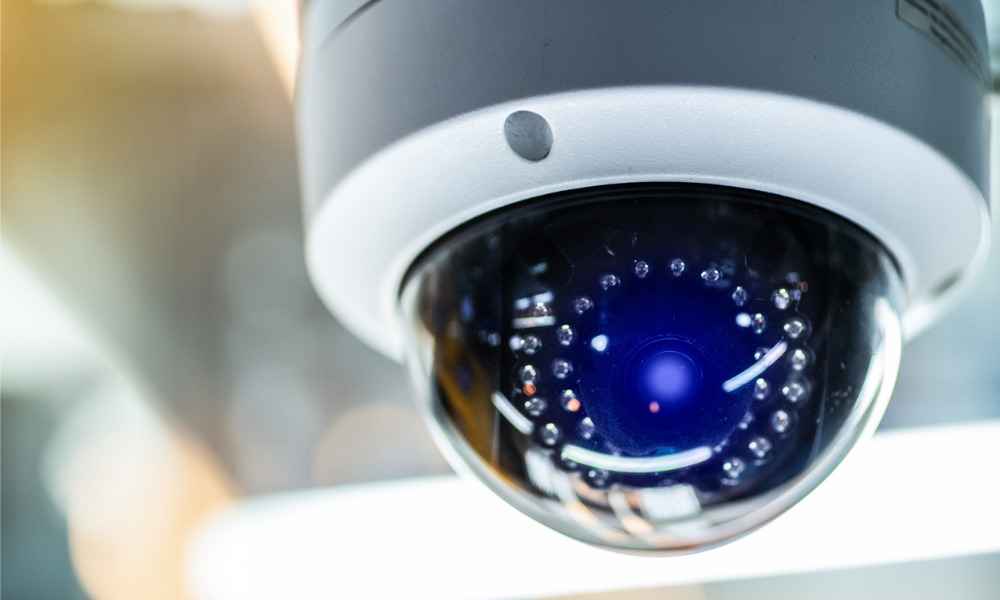
Respondent charged with voyeurism for keeping a hidden camera in room when renter occupied it

The Court of Appeal has ordered a new trial after the trial judge excluded evidence and acquitted a respondent who rented an apartment with a hidden camera pointed toward his bed.
In R. v. Chow, a man rented an apartment from respondent Michael Chow for a short-term visit to Toronto on September 6, 2018. During the night of September 7, the occupant was bothered by light from an alarm clock on a table facing the bed and used his camera bag to block the light. However, on September 9 morning, he noticed that his camera bag had been moved and was no longer in front of the alarm clock.
Chow left a message indicating that he had been in the apartment and left some coupons for the tenant. The occupant inspected the alarm clock and discovered it contained a concealed camera. He notified Airbnb, who instructed him to check into a hotel and call the police.
The occupant informed the police and showed them the alarm clock upon arrival. The police discovered that the camera had a memory card and obtained a search warrant to search the device and its memory card. The memory card contained a video of an unidentified man masturbating in the apartment bedroom. Police obtained a warrant to search Chow’s home. However, they seized nothing from this location.
The police charged Chow with voyeurism for violating the occupant’s privacy. However, he brought an application to exclude the camera evidence, alleging a violation of s. 8 of the Charter.
Chow was acquitted after the trial judge found that he had a reasonable expectation of privacy in the apartment and that the police acted erroneously when they entered and searched the apartment at the complainant’s invitation to investigate the alleged crime. The trial judge also found that the police wrongly seized the device allegedly used in the voyeurism offence.
The summary conviction appeal judge also upheld the trial judge’s decision and wrote that “none of the officers demonstrated any understanding of the constitutional rights of the owner of the property.”
The appeal court disagreed with the trial judge and summary conviction appeal judge’s finding.
“The apartment will be his [the occupant’s] home for the duration of the visit: he will sleep there, eat meals, use the bathroom, and perform any number of daily tasks there. He may meet with friends at the apartment. He may have sex there…He will presume that the apartment is a safe place to stay – that he will enjoy privacy while he stays there,” the court wrote.
The appeal court wrote that Chow did not have a reasonable expectation of privacy in the apartment at the time of the police actions. Thus, there was no search under s. 8 of the Charter and no breach of the respondent’s s. 8 rights when the police entered the apartment at the complainant’s request.
“The respondent may well have had a subjective expectation of privacy in the apartment. But it was not objectively reasonable for the respondent to expect that the complainant could not invite the police into the apartment to investigate a crime that may have been committed against him in the apartment. This is not a claim to privacy that ought to be constitutionally protected,” the court wrote.
The court also found that the police properly seized the camera under s. 489(2)(b) of the Criminal Code.
“The clock-camera was properly seized pursuant to s. 489(2)(b) of the Criminal Code and the police were entitled to examine its physical qualities. The memory card was properly searched pursuant to a warrant,” the court wrote.